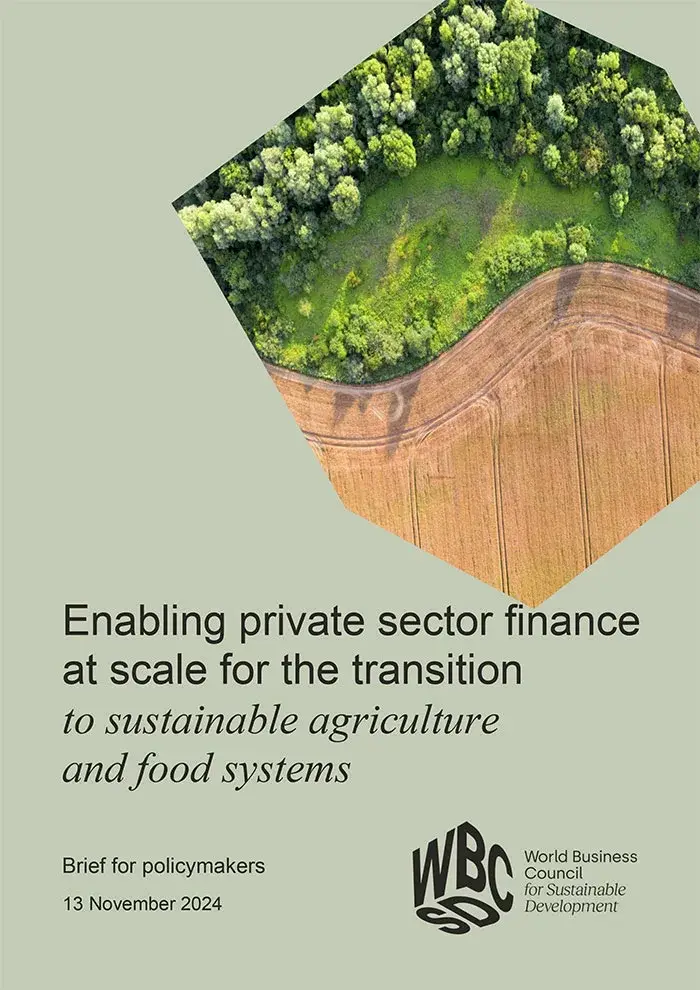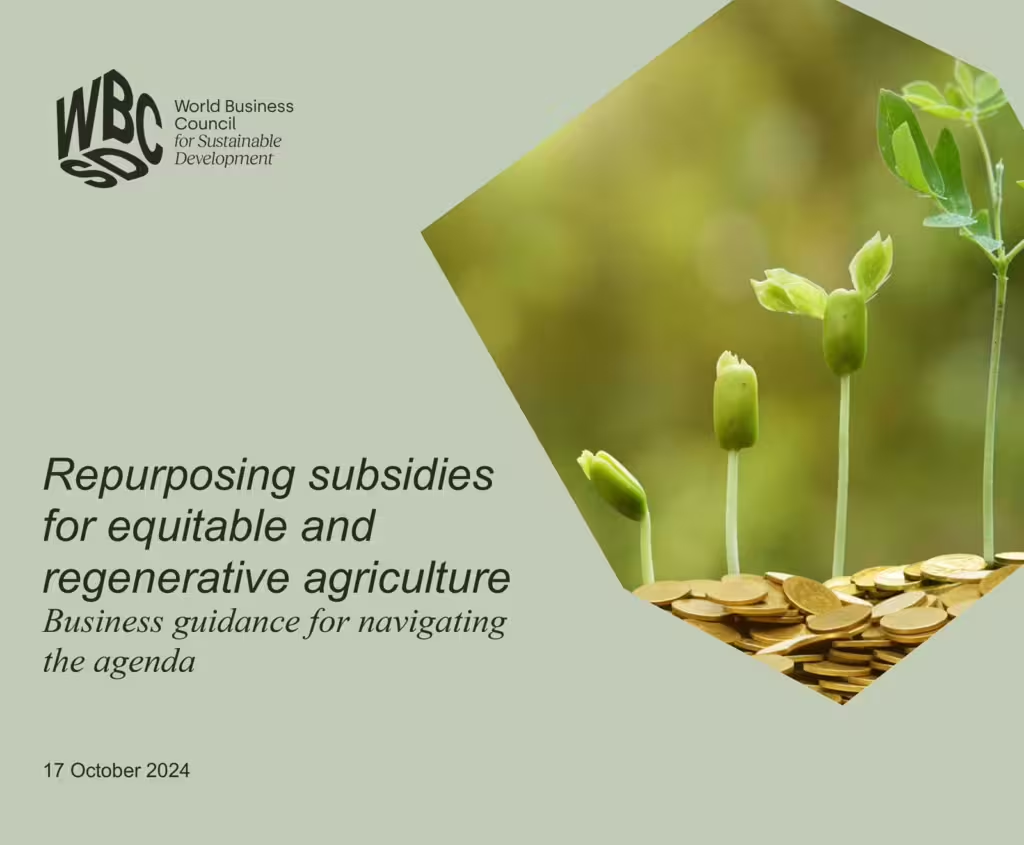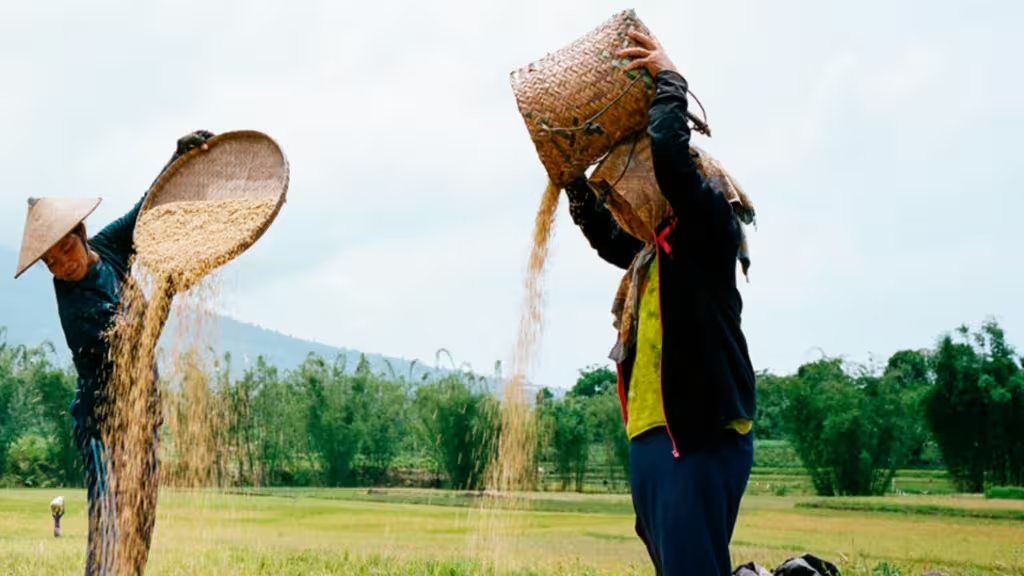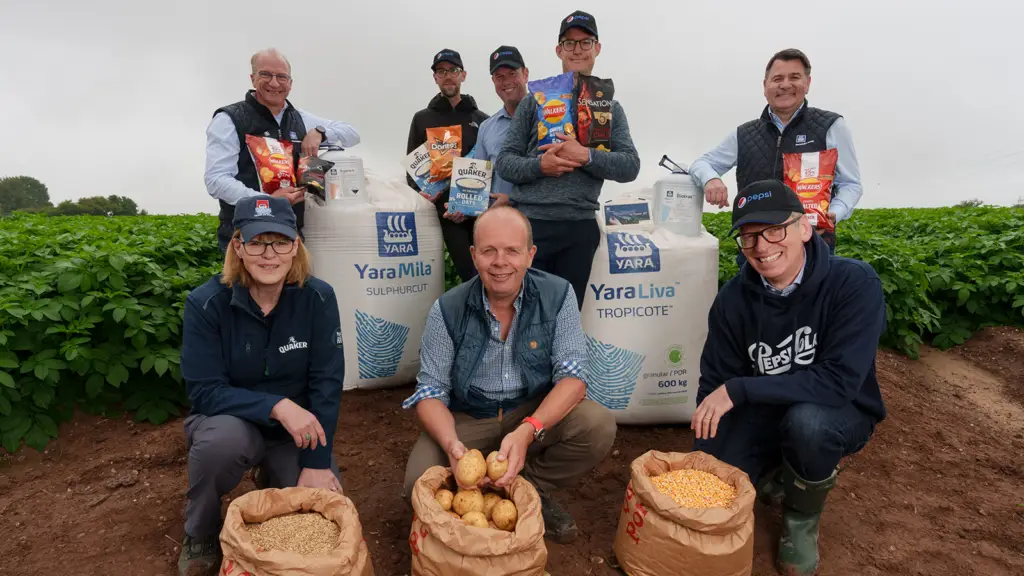The transition of the agriculture and food (A&F) sector to more sustainable practices is crucial for achieving global climate, nature and inequality goals. With the sector accounting for a third of global emissions and approximately 75% of biodiversity loss, scaling up investments in sustainable agriculture is vital. Notably, an annual investment of USD $205 billion – roughly 2% of all food and agriculture revenues – could reduce A&F systems emissions by nearly half by 2030, while also contributing to nature protection, livelihoods and food security.
This briefing document, developed through consultations with companies across the value chain, explores how private sector finance can drive the transformation of global supply chains. It highlights innovative financing approaches adopted by companies and financial institutions and outlines the barriers to scaling these efforts. Drawing on priorities from the WBCSD A&F workstream and consultations with 10 companies – from input suppliers to consumer goods companies – this document also provides policy solutions to overcome these barriers and enable increased private sector financing.
By addressing these challenges and implementing supportive policies, the transition to sustainable A&F systems can contribute to climate mitigation, biodiversity protection and greater equity across the value chain.
Download the full briefing for policymakers to learn more about the innovative approaches and policy solutions that can enable private sector finance in the transition to sustainable agriculture and food systems.




